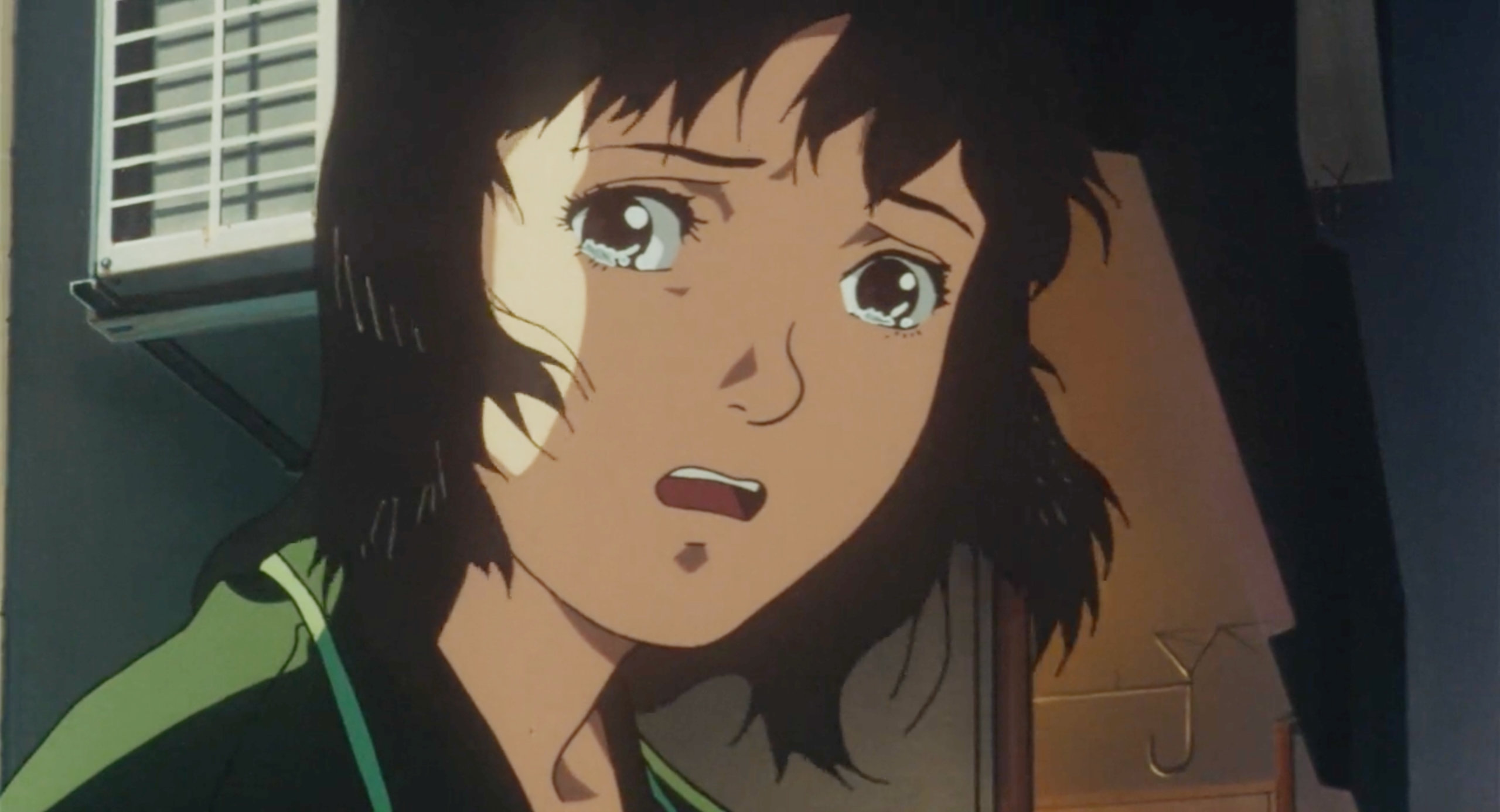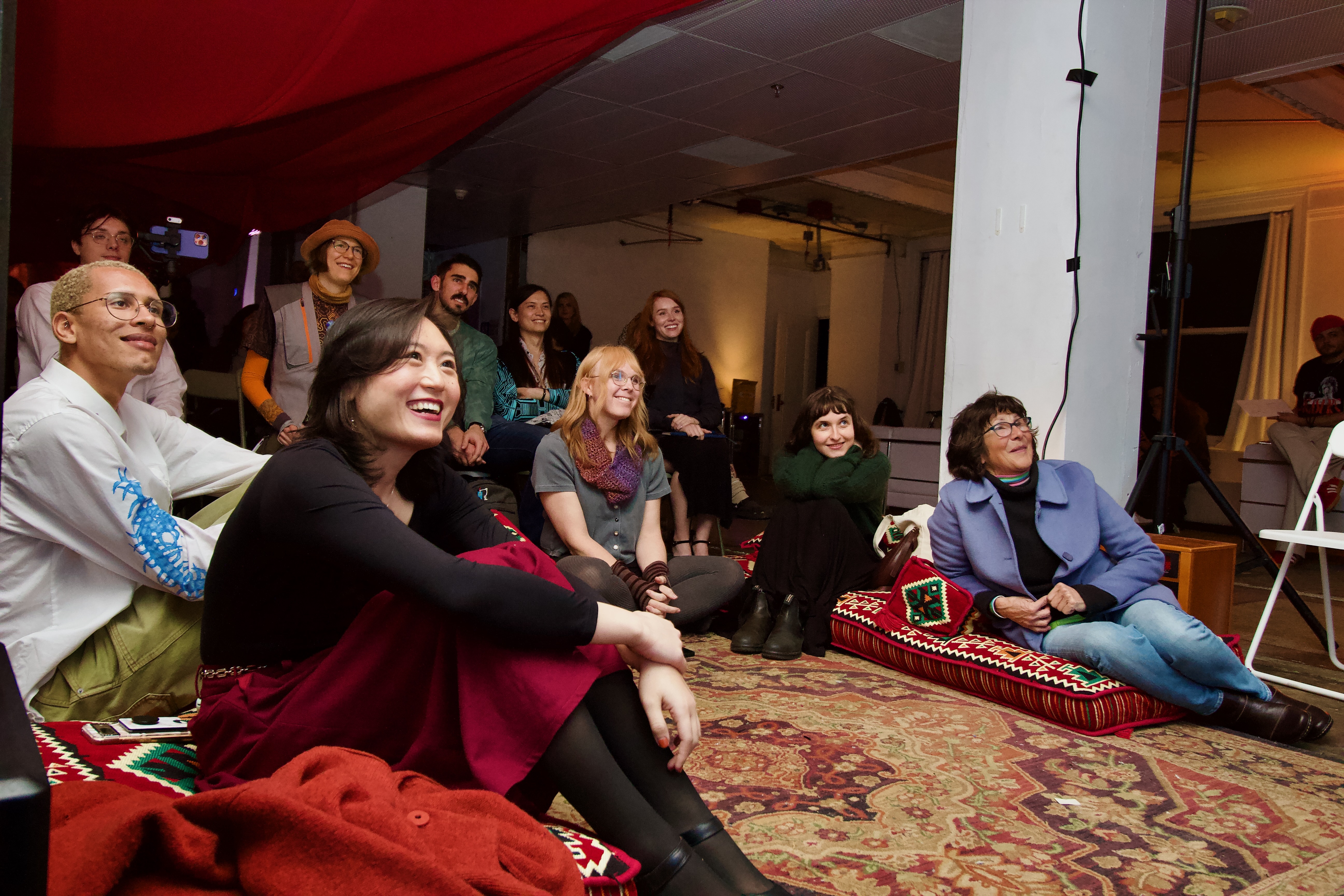I work at a game company, but I don't consider myself a gamer. The shared thread between games and other storytelling mediums like books that I am drawn to is that they are vehicles for meaning. However I haven’t until now understood why I needed to play meaning when I can simply read or watch it and then apply it in my day to day life. I often find games stressful, like extra work, but I realized the label is the problem. "Gamer" is a consumer identity. My approach is different.
I don’t like to be thought of as a gamer. I like to work on systems, not in them and since my adolescence I’ve had a resistance to games, concerts, and other purchasable experiences. After working in live audio I could never go back to being in the audience in the same way. It was never as good. I knew I was meant to be behind the stage.
So it wasn’t until today, when I reframed games. I don’t identify with the term gamer. Im not consuming a story; I'm decoding a system. I was on the verge of tossing them out categorically but before I could finish the sentence I was writing, the memory of playing Bonanza came to mind.
On a recent family vacation—oh boy vacations, that’s another thing I struggle with—The board game Bonanza taught me negotiation not as a narrative, but as an algorithm. It felt in retrospect like being guided through the steps of a dance until you realize that you’re dancing. The dance (algorithm) of Bonanza is:
- Figure out what everyone wants, who has what you need, and loop in as many parties as required for the equation to reconcile. Now that’s a fundamental tool that I use to approach negotiations in business.
This reframe unlocked why games matter. They teach three things better than any other medium:
- Agency. Other mediums show you the path. Games force you to walk it. You learn by doing, not watching. They are the medium of participation.
- Systems Literacy. You don’t just learn about a complex system; you operate within it. You internalize the rules by feeling the consequences. It’s the difference between reading a manual and running a market.
- Consequence-Free Failure. Games create a sandbox for iteration. Dying is a data point, not a catastrophe. This teaches resilience in a way that's too costly in real life.
My challenge isn't to become a gamer. It's to fall in love with games as engines for learning agency.
The question I’m still on is, is it worth it? All that time you spend in a game. There’s an opportunity cost. You could be playing the game of life, and games are not as restful as books and other passive mediums. For a kid with loads of energy games make sense as guides to agency. They’re a wonderful form of entertainment for those who are looking to be entertained—with the positive side effect that they can be agency boosters. For me though, I wonder if they’re a flawed mediums for utility after all if I’m already playing life with a playfully competitive, creative, self growth mindset. What can games offer me?




